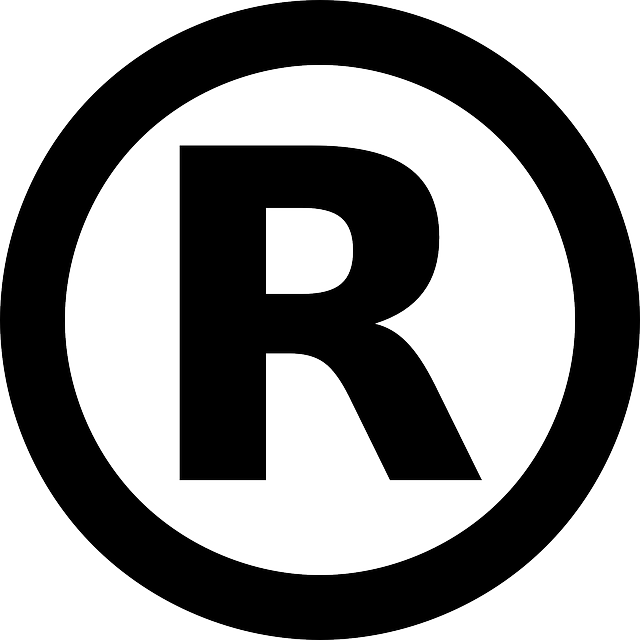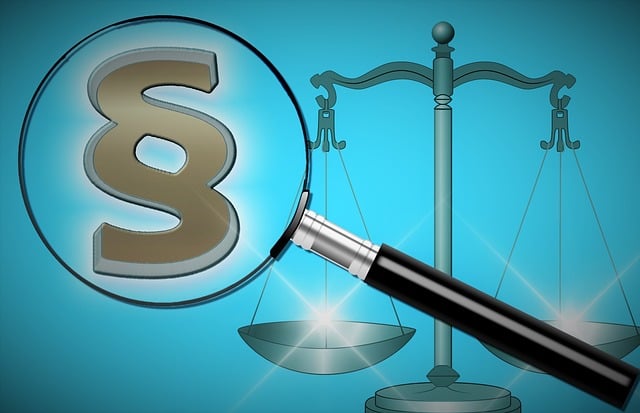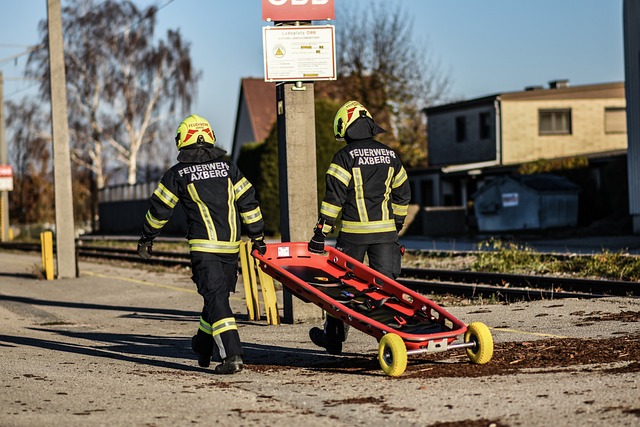Workplace wrongful death cases require specialized legal expertise to navigate complex investigations, evidence gathering, and legal processes. Families must prove breach of duty by employer or responsible party leading to harm. A personal injury attorney specializing in this area ensures fair compensation, managing insurance policies, identifying liable parties, and presenting compelling court cases. After filing a lawsuit, the process involves case assessment, evidence gathering, formal filings, disclosures, discovery, negotiations, and potential trial for damages.
Before filing a wrongful death lawsuit, it’s crucial to understand the intricacies of workplace accidents and their consequences. This comprehensive guide delves into the key aspects of ‘workplace wrongful death’, offering a detailed overview for affected families. We explore eligibility criteria, ensuring you know your rights, and outline the steps involved in the legal process. By understanding these factors, individuals can navigate the system effectively and seek justice after a tragic workplace event.
- Understanding Workplace Wrongful Death: A Comprehensive Guide
- Eligibility Criteria for Filing a Lawsuit
- The Process and What to Expect After Filing
Understanding Workplace Wrongful Death: A Comprehensive Guide

When it comes to workplace wrongful death, understanding the intricacies is vital for anyone considering legal action. This comprehensive guide aims to shed light on this complex issue. Workplace wrongful death occurs when an employee suffers fatal injuries due to a employer’s negligence or unsafe working conditions. It’s not just about loss; it involves a meticulous process of investigating accidents, gathering evidence, and understanding applicable laws.
For instance, in cases involving serious injuries like those sustained in truck accidents or auto collisions, the role of a competent truck accident attorney or auto accident lawyer becomes pivotal. These professionals guide victims’ families through the legal labyrinth, ensuring they receive justice and compensation for their loss. They help navigate complex insurance policies, identify liable parties, and present compelling cases to secure fair settlements or verdicts in court.
Eligibility Criteria for Filing a Lawsuit

Before filing a wrongful death lawsuit, understanding the eligibility criteria is crucial. In the case of a workplace wrongful death, several factors determine whether an individual or their family can pursue legal action. Typically, this includes situations where an employee’s death was caused by the negligence or intentional actions of their employer or another party within the workplace environment. Such incidents may include accidents involving hazardous materials, defective equipment, or unsafe work practices.
To be eligible, victims’ families must typically demonstrate that the defendant owed a duty of care, breached this duty, and directly caused the deceased’s harm resulting in death. A personal injury attorney specializing in workplace wrongful deaths can help navigate these complexities. They will assess the specific circumstances of the case, review relevant laws, and guide clients through the process to ensure a fair compensation for accident settlements, especially when dealing with auto accident injuries stemming from workplace negligence.
The Process and What to Expect After Filing

After filing a wrongful death lawsuit related to a workplace incident, there’s a legal process that will unfold. This typically involves several key steps, including initial case assessment, gathering and preserving evidence, and formal legal filing. Once filed, both parties will exchange disclosures, where each side reveals relevant information about the case. Discovery follows, a phase where attorneys from both sides gather and examine evidence through depositions, expert witnesses, and document requests.
As the case progresses, it may lead to negotiations for an accident settlement between the plaintiff and defendant, potentially resolving the matter outside of court. However, if negotiations fail, or in complex cases like product liability or insurance coverage disputes, the matter will proceed to trial. During a trial, both sides present their evidence and arguments to a judge or jury, who ultimately decides the outcome and awards damages if liability is established.
Before pursuing a wrongful death lawsuit related to a workplace incident, it’s crucial to understand the process and eligibility criteria. This comprehensive guide has outlined the necessary steps, from recognizing workplace hazards that lead to fatal accidents to navigating the legal proceedings after a loss. By familiarizing yourself with these aspects, you can ensure a stronger case and potentially achieve justice for your loved ones’ untimely demise caused by work-related circumstances, commonly referred to as workplace wrongful death.






